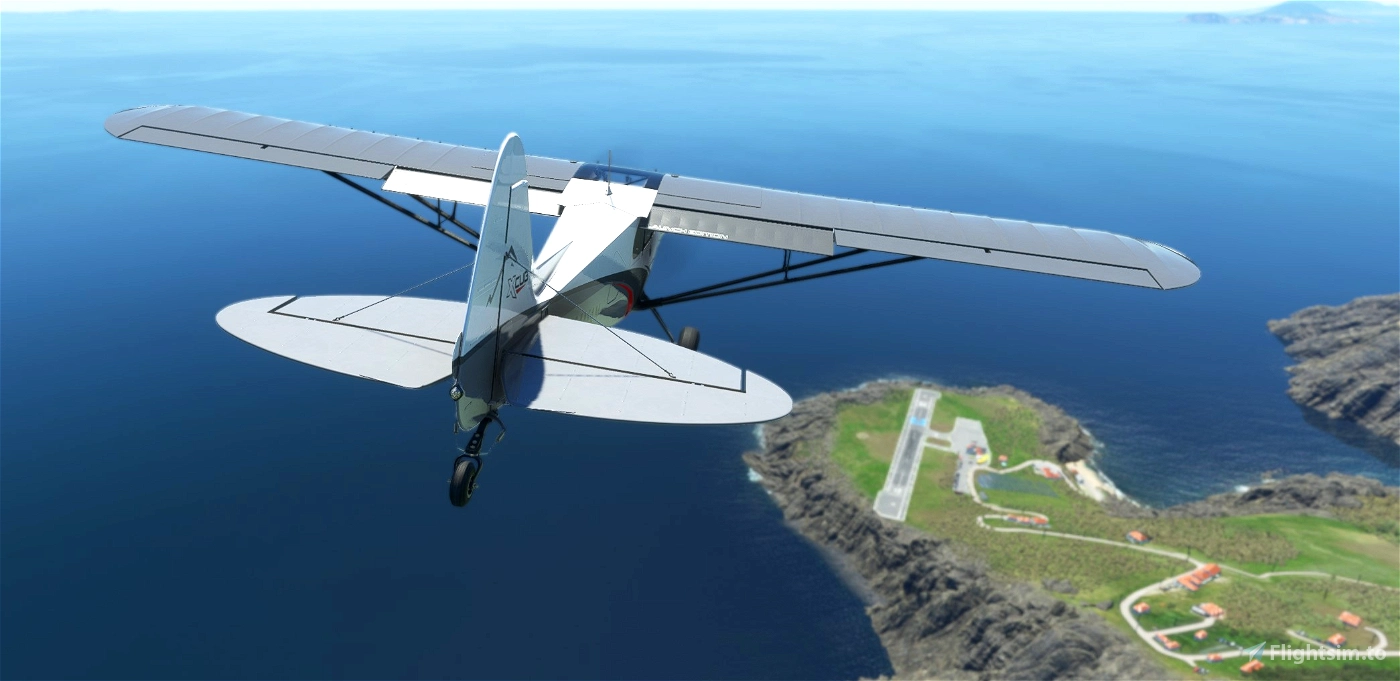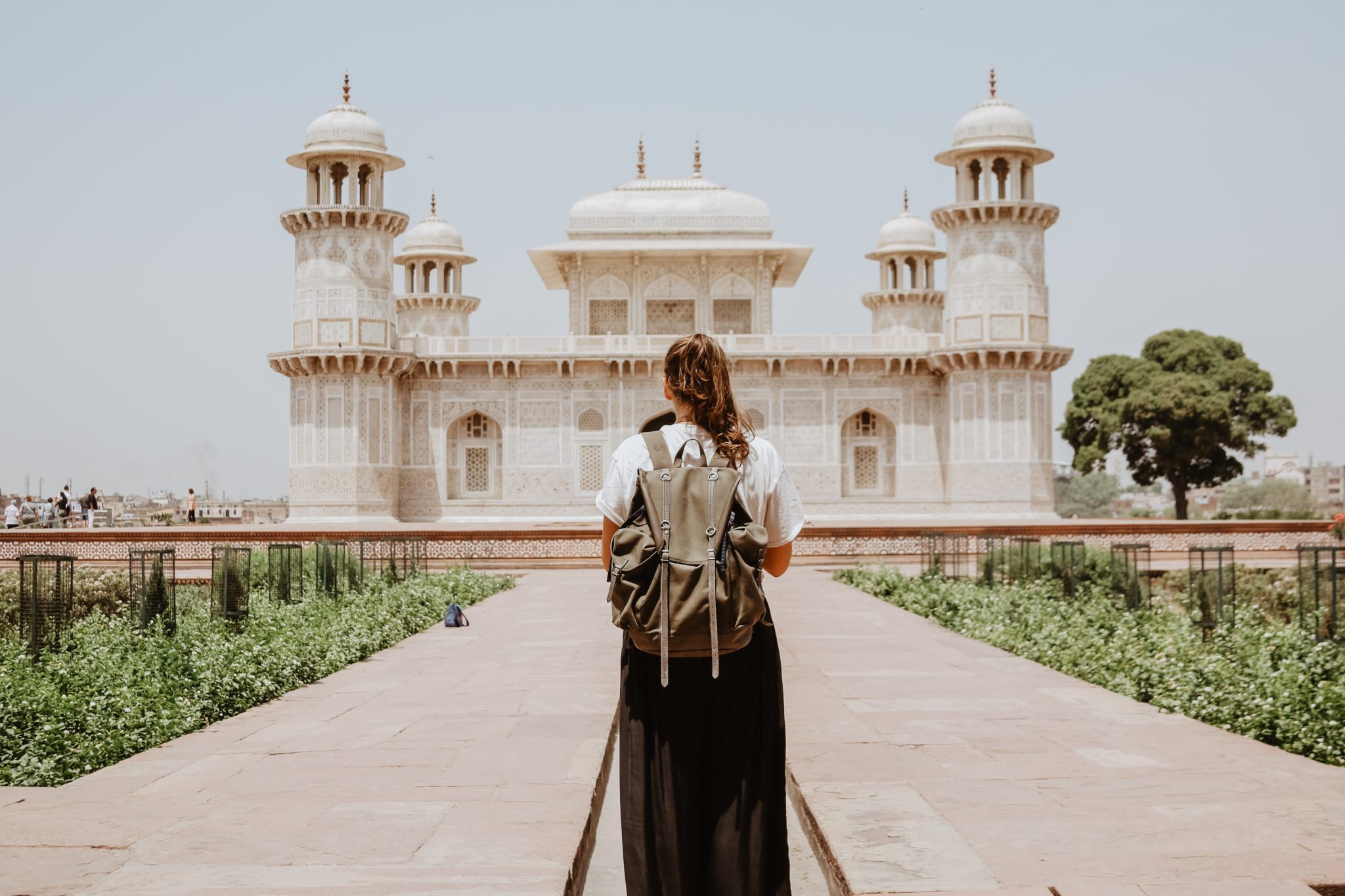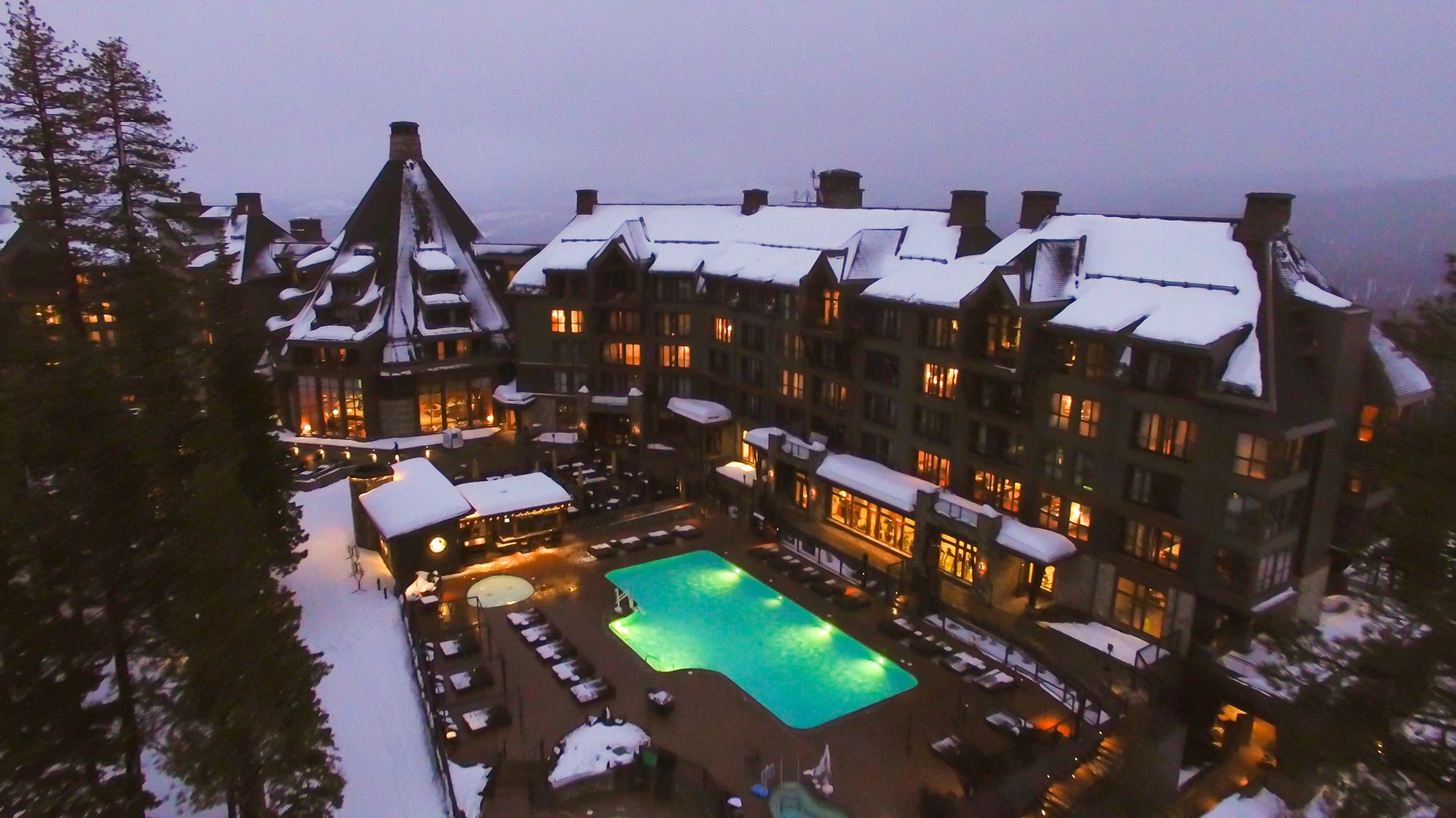Rugged, tiny Saba is big on natural adventures
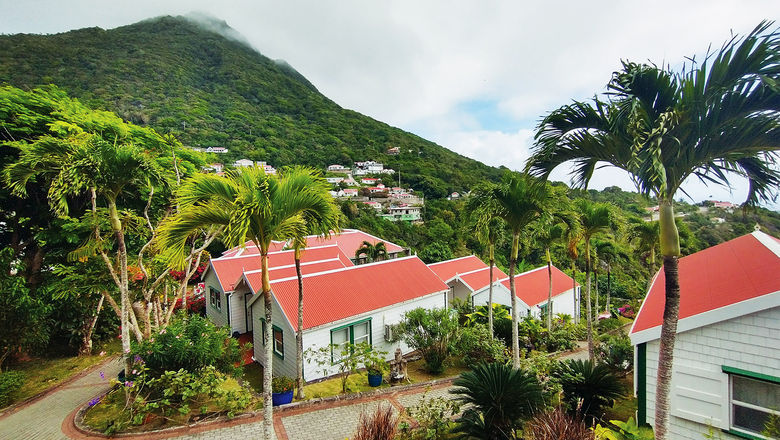
Seeing Saba from the plane for the first time, I thought of the “Star Wars” scene where Obi-Wan Kenobi says, “That’s no moon” upon seeing the Death Star. Saba, you see, is no typical island: Dominated by a dormant volcano (Mount Scenery, which last erupted in 1640), it rises abruptly from the Caribbean Sea, its cliffs demanding attention from above.
As spectacular as that aerial view is, arrival is just as breathtaking. Saba’s Juancho E. Yrausquin Airport is home to what is widely acknowledged to be the world’s shortest commercial runway. About the length of an aircraft carrier, it begins and ends on the edge of a cliff. Depending on one’s take, it can be frightening or exhilarating; I found it to be the latter. Takeoffs and landings on twin-turboprop planes are quick and, in this instance, smoother than some I’ve experienced on a larger airliner. The flight from St. Maarten takes about 12 minutes.
The Dutch territory of Saba is not the typical Caribbean destination that revolves around parties, turquoise waters and sandy beaches. It’s a place to relax and enjoy nature and local fare. Saba’s waters are a deep, dark blue, and its volcanic coastline is rocky. The sole natural beach, Wells Bay, is nicknamed the disappearing beach because it will at times vanish under water, depending on the tides and the season.

An active island
Visitors to Saba are more likely to spend time hiking than sunbathing. Saba’s 20 trails range from easy to strenuous, such as the one on Mount Scenery, which stands at 2,910 feet. It’s about a 2.5-hour hike roundtrip across the rainforest. Easier hikes can take as little as 30 minutes roundtrip. On one trail I used a broken tree limb as a makeshift walking stick to aid my descent. While temperatures at lower elevations hover around 80 degrees, trekking to higher spots brings a welcome coolness, especially at night. Comfortable walking shoes are a must, not just for hiking but in general.
Snorkeling and diving in the Saba Marine National Park are also popular activities. On a snorkeling venture with Sea Saba, I saw tropical fish, sea urchins, turtles and underwater lava flows.
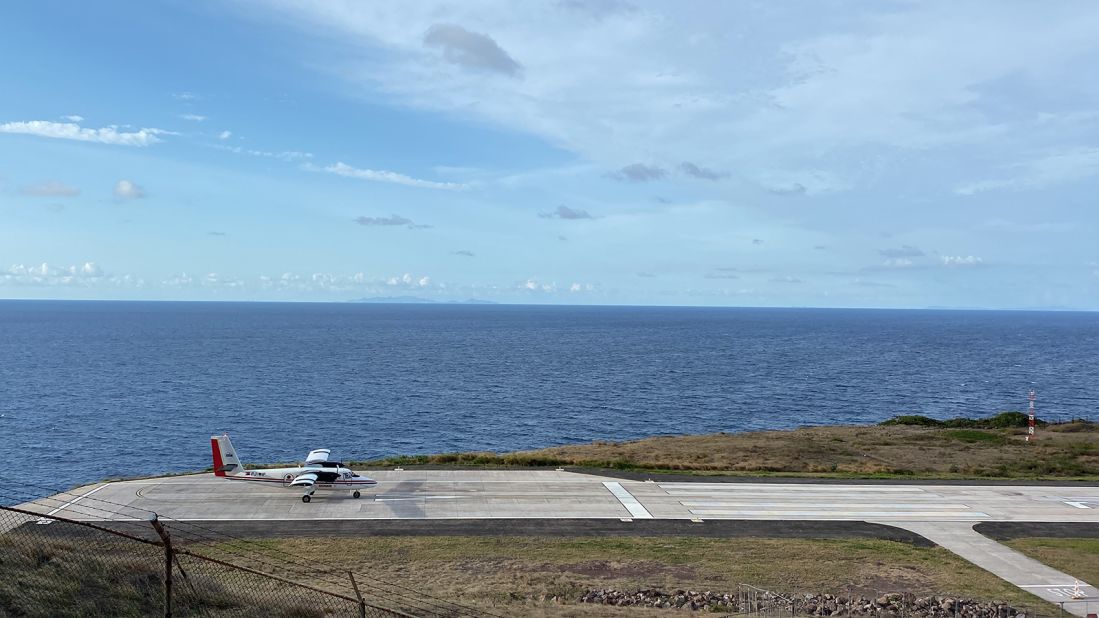
Saba calls itself the “Unspoiled Queen of the Caribbean.” With a population of about 2,000, 5-square-mile Saba consists of four villages, its capital simply called The Bottom. There are no fast-food restaurants or stoplights.
Saba’s primary road (The Road) was hand built starting in 1938; it’s dubbed the Impossible Road because Dutch engineers declared its construction as such, but a local man, some helpers and wheelbarrows proved otherwise. Navigating its steep, winding curves can be an adventure.
I had to take that road uphill to the Cottage Club Hotel in the village of Windwardside, where I stayed. My balcony offered picturesque views of the cloud-capped Mount Scenery and the English Quarter as well as the sea. My King Cottage was spacious and equipped with the basics. Rates for the Cottage Club Hotel start at $110 during low season.
The downtown district is a short walk away and offers shopping, museums and dining, including the Brigadoon and Chez Bubba, both of which satisfied my palate.
One restaurant that is off the path is Rendezvous at Eco Lodge. For a nighttime dinner, reaching it requires a short, dark walk through a trail in the rainforest; a flashlight and proper shoes are a must. The broiled lobster tails that awaited me, however, made the trek worth it, as did the view of the stars while dining.
Saba doesn’t attract many tourists. According to Statistics Netherlands, it saw 4,900 air arrivals in 2022; another 3,500 arrived by ferry. Many people haven’t even heard of it, making it a hidden jewel of a destination for visitors who’d rather spend their time surrounded by nature than tourists. It’s close enough to St. Maarten, making a visit an ideal daytrip from there. But despite its small size, Saba is worthy of more than a brief stay.
Winair offers multiple daily flights to the island, and private charters are also available. If guests prefer an arrival by sea, options from St. Maarten include the Edge and Makana ferries. The U.S. dollar is the local currency on the island. Visit the Saba Tourism Board website for more information.
